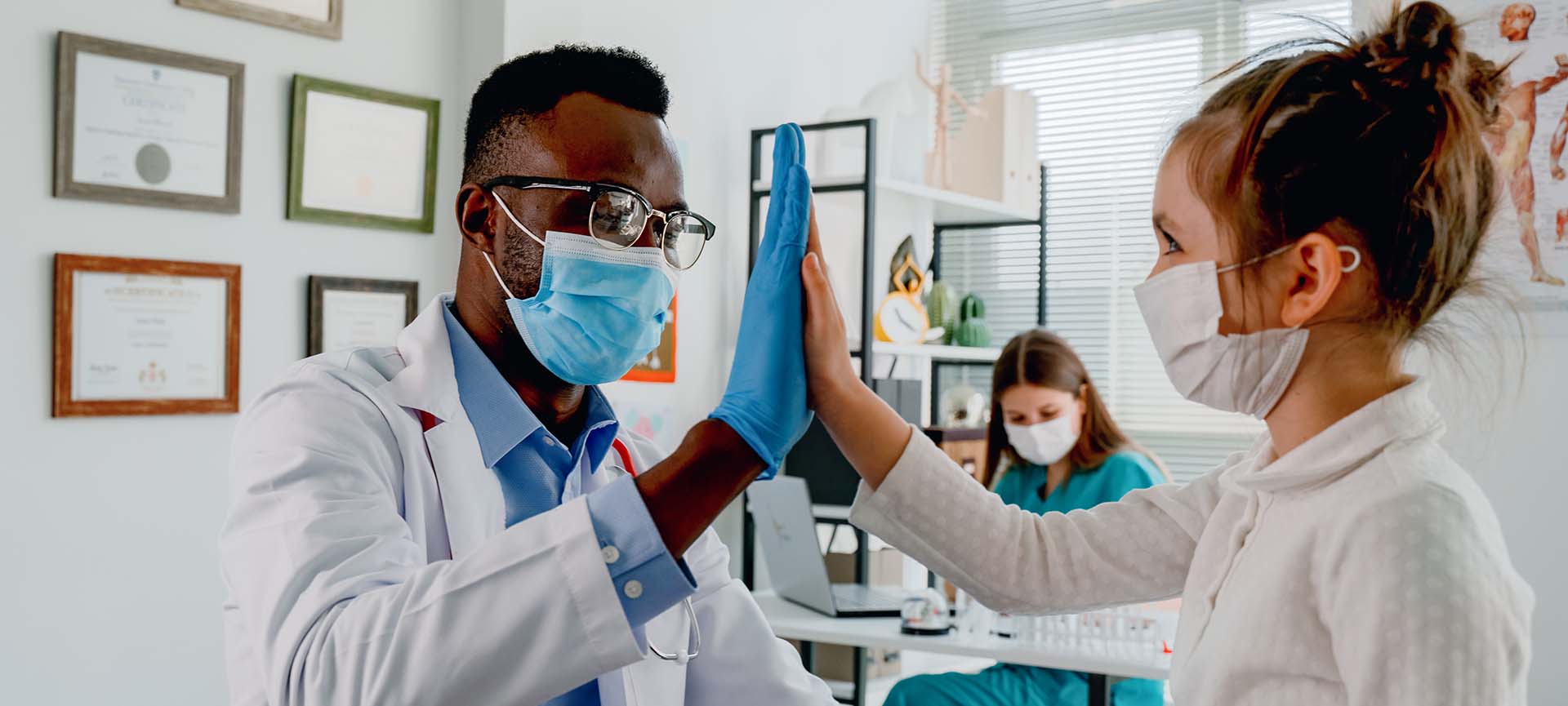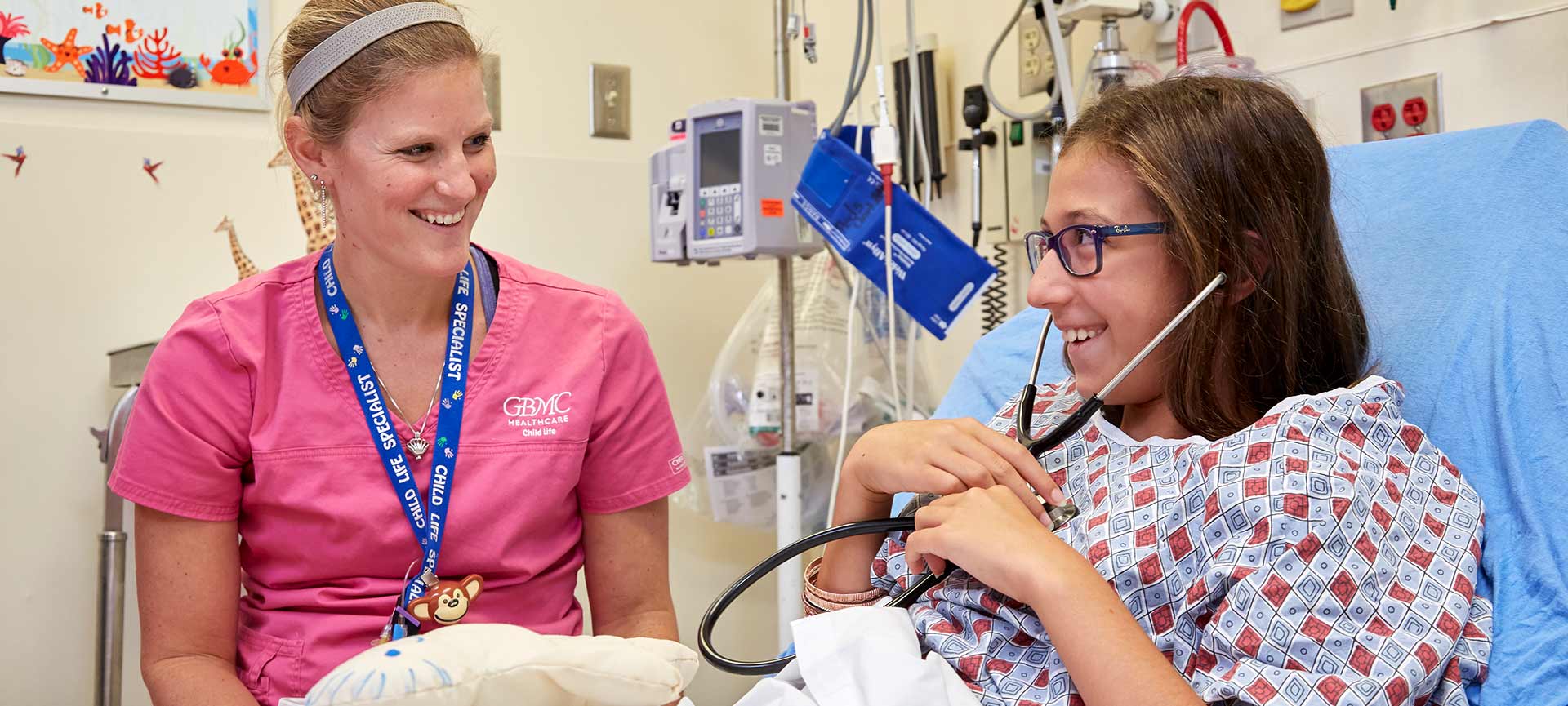Preparing for Cold and Flu Season: What Families Need to Know
September 26, 2024
As we enter the colder months, families brace themselves for an uptick in illnesses, from the common cold to more severe viruses like influenza (flu), respiratory syncytial virus (RSV), and COVID. According to Dr. Theresa Nguyen, Chair of Pediatrics at GBMC HealthCare, COVID-19 cases are on the decline, but other respiratory viruses are surging, like RSV, which can cause cold-like symptoms but may lead to more severe issues in infants and older adults, and flu. Here's a breakdown of the latest news and expert advice to keep families healthy this fall and winter.
Vaccination: Still a Priority
Even though the Centers for Disease Control and Prevention (CDC) changed recommendations for COVID-19 that categorize it alongside other respiratory illnesses, vaccines are still the primary mechanism for avoiding their spread, serious illness, and hospitalization.
Key points on vaccination:
- COVID-19 Vaccines: While most children experience only mild symptoms, vaccination drastically reduces the risk of severe outcomes, including hospitalization and long COVID, which can cause persistent issues like fatigue, brain fog, and poor concentration.
Of hospitalizations for severe illness from COVID-19, 95% never received a vaccine. Vaccination decreases the risk of hospitalization from COVID by 50%. There were also studies released this summer that show long COVID can be decreased by 30 to 50% with a vaccine.
If you recently had COVID, it is recommended you wait three months after illness to receive the COVID vaccine.
- Flu Vaccines: Flu season typically starts in late October or early November. Because it takes about two weeks to build antibodies from a vaccine, now is the perfect time to get vaccinated. Like COVID, the flu vaccine helps reduce hospitalizations and severe outcomes, particularly in vulnerable populations.
The CDC has updated its recommendations, allowing COVID and flu vaccines to be administered together, making it easier to stay protected from both viruses.
New CDC Guidelines on Respiratory Viruses
This year, the CDC has combined its guidelines for COVID-19, RSV, and flu. These updates focus on reducing the spread of respiratory viruses while acknowledging that much of the population now has some level of immunity to all these illnesses.
Here’s what you need to know:
- After a respiratory illness, you can return to public activities once your symptoms improve and you’ve been fever-free for 24 hours without medication. Continue practicing caution, such as wearing a mask and maintaining distance, for five days after your diagnosis.
- COVID-19 viral shedding—when the virus is most likely to spread—can continue for several days after a fever subsides. Practicing good hand hygiene and wearing well-fitted masks in close contact situations remains important.
- States (CA and OR) and countries (Denmark and France) that have already initiated this respiratory virus protocol have not seen any increases in COVID-19 cases or hospitalizations.
COVID Tests
Four COVID tests per family are available in late September by visiting COVIDtests.gov. It is not advised to use expired COVID-19 tests. However, some tests may have extended expiration dates. Before using an older test, check the FDA website to confirm whether its expiration has been extended.
Prevention is the best strategy. Keep your family safe by vaccinating against both COVID-19 and flu, practicing good hygiene, and staying informed about the latest guidelines for respiratory viruses. This proactive approach will not only help reduce the spread of illness but also protect those at the highest risk of severe outcomes.
Stay healthy this fall and winter, and let’s work together to keep our communities safe!





